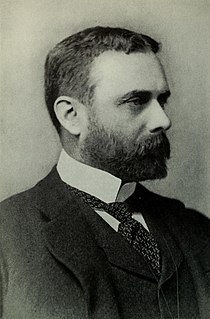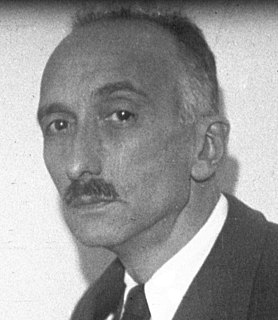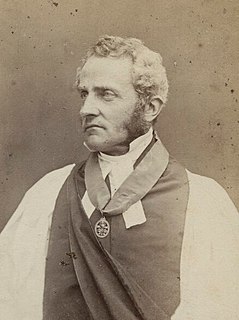A Quote by Gilbert Parker
Related Quotes
I saw full surely that ere God made us He loved us; which love was never slacked, nor ever shall be. And in this love He hath done all His works; and in this love He hath made all things profitable to us; and in this love our life is everlasting. In our making we had beginning; but the love wherein He made us was in Him from without beginning: in which love we have our beginning. And all this shall we see in God, without end.
Every one may know that to will and not to do, when there is opportunity, is in reality not to will; and that to love what is good and not to do it, when it is possible, is in reality not to love it. Will, which stops short of action, and love, which does not do the good that is loved, is a mere thought separate from will and love, which vanishes and comes to nothing.
You pass by a little child, you pass by, spiteful, with ugly words, with wrathful heart; you may not have noticed the child, but he has seen you, and your image, unseemly and ignoble, may remain in his defenseless heart. You don't know it, but you may have sown an evil seed in him and it may grow, and all because you were not careful before the child, because you did not foster in yourself a careful, actively benevolent love.






































